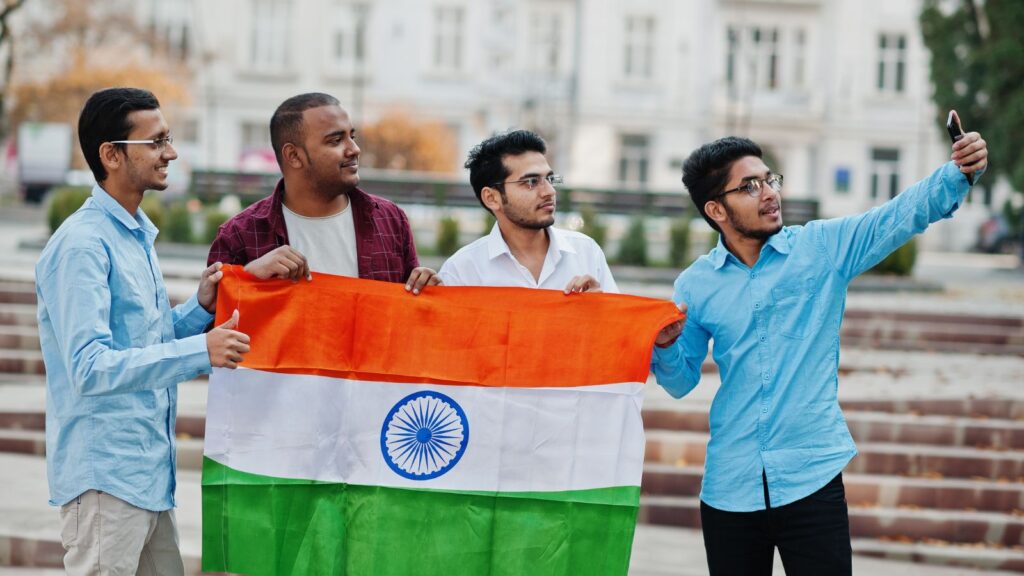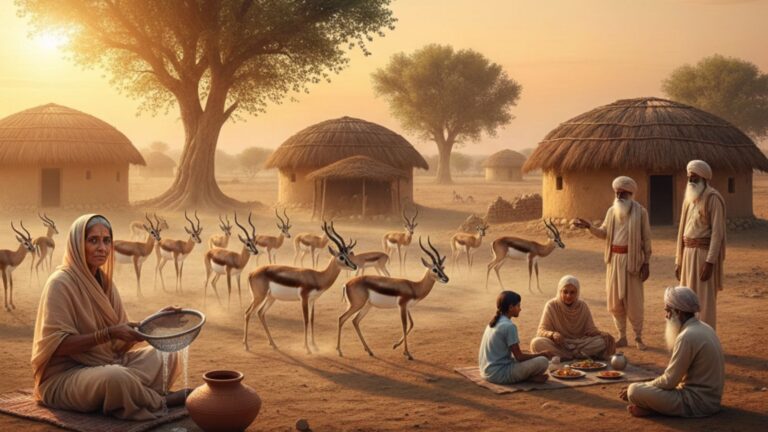The word “diaspora” refers to people living outside their ancestral or native land, and the communities formed by such people. It also describes the scattering or movement of a population from its original homeland, often through migration, exile, or displacement.
The word comes from the Greek diaspeirein, derived from dia, “through, across” and speirein, “to sow” or “scatter”—literally meaning “to scatter.” The earliest use in English was recorded in 1594, initially linked to the dispersion of the Jews, though the term itself appeared in Greek scripture in the context of population scattering.
Historically, “diaspora” first signified the forced exile of Jewish communities, after the Babylonian exile in the 6th century BCE, when many Jews were deported to Babylon after the conquest of Jerusalem. The meaning extended to later events, such as the Roman destruction of Jerusalem in 70 CE, and in the course of time, it came to describe the dispersal of numerous other groups worldwide, including the African diaspora shaped by the trans-Atlantic slave trade and, more recently, South Asian migrations.

“The Indian music festival drew members of the diaspora together, uniting them through the art and culture of their homeland.”
India is home to the world’s largest diaspora, with about 35 million people of Indian origin across 207 countries. Nearly half reside in ten nations, including the United States (5.69 million), United Arab Emirates (3.89 million), Saudi Arabia (2.75 million), Malaysia (2.93 million), Canada (3.61 million), and the United Kingdom (1.34 million). In 2024–25, they sent a record $135.46 billion in remittances, reaffirming India’s position as the world’s top recipient. Beyond economics, the Indian diaspora continues to shape global culture, politics, and exchange, while nurturing enduring ties to their homeland.



